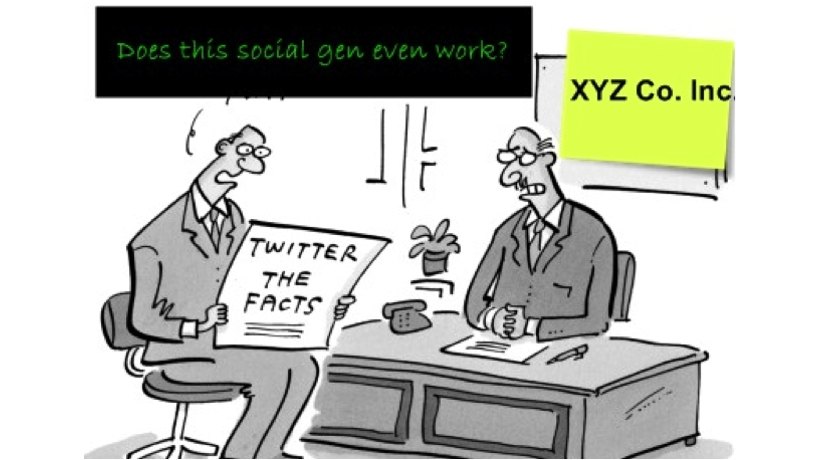Increased diversity, participative work environment, longer life expectancies, knowledge workers, women as entrepreneurs, flexi work-hours, third place work concepts, greater strive to maintain work-life balance are the few aspects that characterize the New Age Workforce.
If we look at the changes in workforce conceptually, it is noticeable that:
- Baby Boomers are attaining the standard retirement age.
- X generation is placidly preparing to move towards the top management positions.
- Y generation is progressing from academic level and filling a large section of middle and lower-level jobs.
So, with that perspective we have four different generations working together in this era:
- Traditionalists,
- Boomer,
- Gen X, and
- Millennial;
who were born, brought up and educated through entirely different modes.
Focusing on the new age workforce, i.e. Millennial, employees today have better knowledge regarding their work-areas, organizational policies, rewards and benefits and greater awareness of their skills and competencies as compared to the earlier picture. Millennials have a particular style and manner of doing things and they are changing ways in which work gets done. They prefer working in teams and use effective technology to work quicker and better. Their social mindset is also a significant factor, they like being connected and staying informed.
The workforce is highly diversified with people from different regions, people with different religions and from different ethnicity and backgrounds who come together and work in groups for a common purpose. For instance, the Nike factory employees’ more than 500 workers who come from about 44 countries and speak 19 languages. When the plant issues any notice or written announcements, they are printed in English, Chinese, French, Spanish, Portuguese, Vietnamese, and Haitian Creole.
Talking about gender diversity issues in the corporate, we have almost 55% of women employees in the corporate who affect the organizational policies, power and positioning. Diversity will be a critical competency for leaders and employees in the coming time.
According to Families and Work Institute’s National Study of the Changing Workforce: Among Millennials (under 29 years old), women are just as likely as men to want jobs with greater responsibility.
The new workforce represents distinctive desires to build create or invent something of their own. The thumb rule is to integrating innovation into the organizational DNA to make the workplace more participative and autonomous. This new-age workforce is more "achievement oriented" rather than money or role focused. The employees want feedback to be provided on their performance and give greater significance to coaching and mentoring. They are knowledge workers with a different set of intrinsic and extrinsic motivators. The Gen Y highly values meaningful and challenging work.
One of the major challenges that organizations would face in attracting the next workforce, or preparing the current one, setting up a new workforce culture to better understand transnational teams, online collaboration, globalization and business process transformation. Managing Gen Yers expectations and channelizing their energy is what the organization needs to focus on to deal with this new age workforce.









